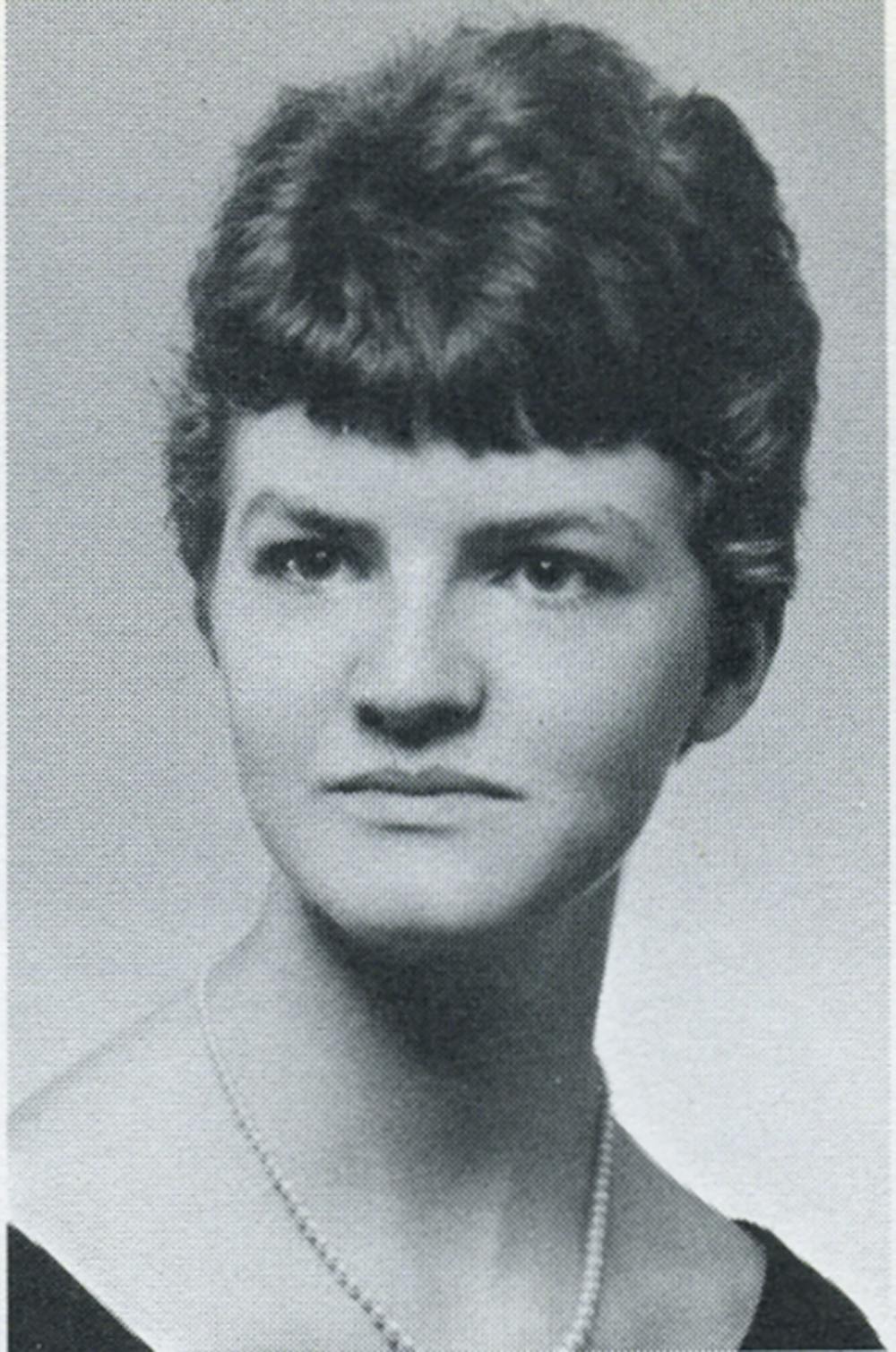By Rebekah Schroeder
Staff Writer
Sigrid Stevenson played piano with a fiery passion. After attending a play entitled “J.B.,” she stayed behind in the College’s Kendall Hall, hoping to get in some hours of practice four days before the semester officially started.
It was almost midnight when her body was discovered. She had been bludgeoned to death.
Back when the College was known as Trenton State College, a brutal murder occured on Sept. 4, 1977, shocking the campus to its core. Stevenson, 25, was a music performance major from Livermore, California who had spent her time hitchhiking in Canada before returning to the Ewing school.
What happened to Stevenson is typically a mixture of facts and gossip, articles varying on the specifics of her death, yet the details of who she was are rarely reported over the rumors.
A somewhat reserved girl with a free spirit, she had been known to linger in several buildings after hours to engage in late-night piano playing sessions. According to the Asbury Park Press, Stevenson’s hopes were to get her bachelor’s degree and teach music, but her dreams were cut short by the tragic onslaught.
Campus Police Officer Thomas Kokotajlo found Stevenson on the auditorium stage, completely nude with the exception of the piano cover from her beloved instrument draped over her body. The officer had noticed a bike outside and went to investigate further, encountering the gruesome crime scene.
Some outlets reported that either friends or a professor had to identify the woman by her hair, because Stevenson’s face was so damaged it was almost unrecognizable. It was a ghastly fate for the individualistic student who worried little about following the status quo.
Campus Police Officer Tiffany Reed started as a student at the College and became a dispatcher before choosing a career in law enforcement. Stevenson’s demeanor was a subject of personal envy, and Reed’s occupational task was to transcribe some of her journal entries.
“She wouldn’t just follow the normal flow of what you think a female in the 70s would do,” Reed said of Stevenson. “She was very independent.”
The joint investigation from Campus Police and Ewing Township Police never named an official suspect. Her story went from a terrifying murder to a cold case, almost 44 years of few leads and half-true whispers carrying Stevenson’s tale across campus.
Campus Police Chief Timothy Grant is adamant that there is more to the woman than her reputation.
“Sigrid Stevenson’s legacy is not the reductive clichés concerning ghost stories that are fueled by inaccurate accounts of her life and the tragedy of her ending,” he said.

Nicknamed “Ziggy,” Grant said that she was an accomplished musician who would arrive hours early to church services, or stay late at ABE (Allen, Brewster and Ely Hall), usually accompanied only by the sounds of the piano she played.
“She carried a sketchbook through her summer travels and sold drawings of the cityscapes to supplement her tight college student budget,” Grant said, painting the picture of an expressive soul who never let financial constraints impede her love of life.
Stevenson was born on Jan. 24, 1952 to parents who passed without knowing the culprit responsible for their daughter’s death.
To Reed, the personal confessions of Stevenson resembled a book in their professional style, filled with immaculate penmanship, correct grammar and accurate spelling. The student enjoyed being creative in any form as well as writing, which came through the pages.
“[Stevenson] would quote people saying ‘oh you shouldn’t do that, you shouldn’t stay late at night by yourself, it’s dangerous,’ but she just did that anyways. She did what she loved, which you have to give her props for,” said Reed.
While the musings of an adventurous woman remain part of the open case in cooperation with Ewing police, it is notable that Stevenson’s personality comes through to the investigators reading her own words.
“Her journal is an exploration, written with clarity and humor, of the timeless struggles of college students to find their path in life. She is an influential part of TCNJ’s student lineage who moved through Trenton State College with a keen intelligence and soaring aspirations,” Grant said.
Refreshing the narrative through an expanded look on who Stevenson was, any hopes to name a killer are equally as important as the person she lived and thrived as throughout her years. When looking at the echoes of the past, the people are more than names on a page, they are entire stories that represent the College’s history.
Any information that could help solve Stevenson’s murder should be brought to the attention of investigators who want nothing more than to solve this case.
“The inquiry into Segrid Stevenson’s murder remains an enduring appeal as we continue to examine the case using state-of-the-art approaches,” Grant said. “Some prayers should not end with an ‘Amen’ but left as an open plea.”







